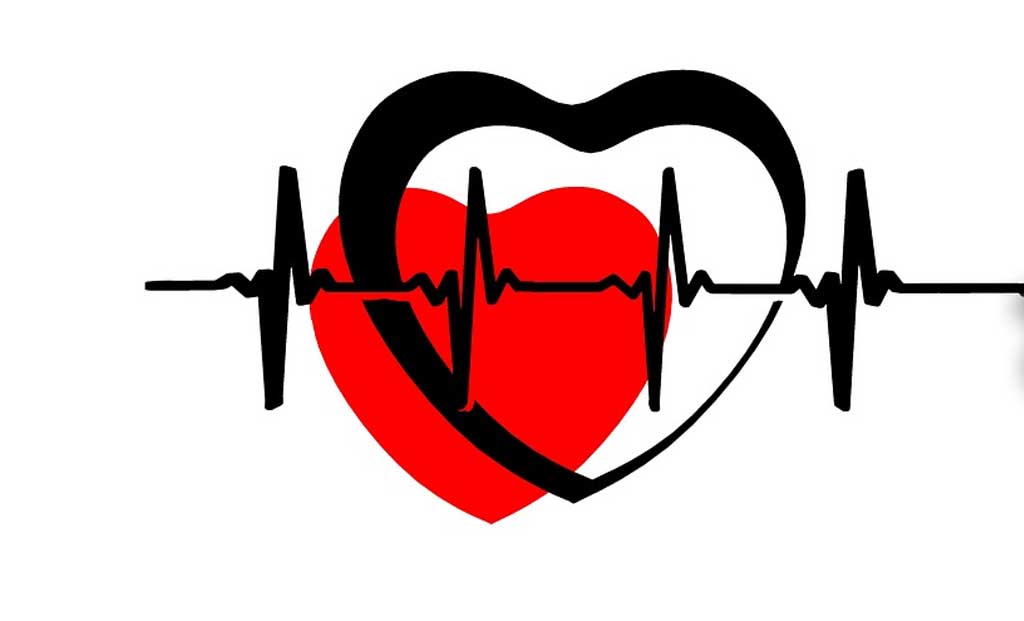New research indicates that even moderate heat can have an impact on the human heart, according to a study published in the Journal of Applied Physiology. The study highlights that cardiovascular strain, characterized by an increase in heart rate, can occur in temperatures as low as 34 degrees Celsius, particularly when combined with rising humidity.
While previous studies have established the adverse effects of heat on human health, this research emphasizes the significance of even moderate heat on the heart. The objective of the study was to determine the specific combinations of ambient temperature and water vapor pressure that trigger a continuous rise in heart rate, compared to the environmental thresholds necessary to maintain heat balance.
Given the increasing frequency of extreme heat events, exemplified by the recent record-breaking global average temperatures, this study holds particular relevance. Researchers from Pennsylvania State University conducted experiments involving 51 young and healthy participants who engaged in light physical activity within an environmental chamber. The chamber’s temperature and humidity levels were gradually increased every 5 minutes, while the participants’ core temperature and heart rates were closely monitored using sensors embedded in capsules.
The results indicated that the onset of cardiovascular strain occurred at lower environmental conditions compared to the point of elevated core temperature, whether due to increasing ambient temperature or humidity. In essence, the study revealed that the rise in heart rate precedes the increase in internal body temperature.
Rachel Cottle, a researcher in exercise physiology at Penn State, emphasized the implications of the findings, stating that as heatwaves become more prevalent, more individuals are at risk. The study’s identification of the temperature and humidity combinations that pose a threat to the heart could contribute to the development of strategies to safeguard human health.
Furthermore, the research demonstrated that even individuals engaging in slow walking experienced cardiovascular strain in humid conditions around 34 degrees Celsius. The researchers also observed that participants’ heart rates increased approximately 20 minutes before their core temperatures began to rise. As heart rate can be easily measured, it could serve as a valuable warning sign, enabling individuals to take precautionary measures when their heart rate shows a rapid and progressive increase.
Blood Plasma Proteins Can Provide Better Understanding Of Long Covid: Study | ALSO READ
In summary, this study sheds light on the impact of moderate heat on the human heart, emphasizing the importance of monitoring heart rate as an early indicator of potential heat-related health risks. By recognizing the temperature and humidity conditions that pose a danger, it is possible to implement protective measures to mitigate the adverse effects on individuals’ well-being.

